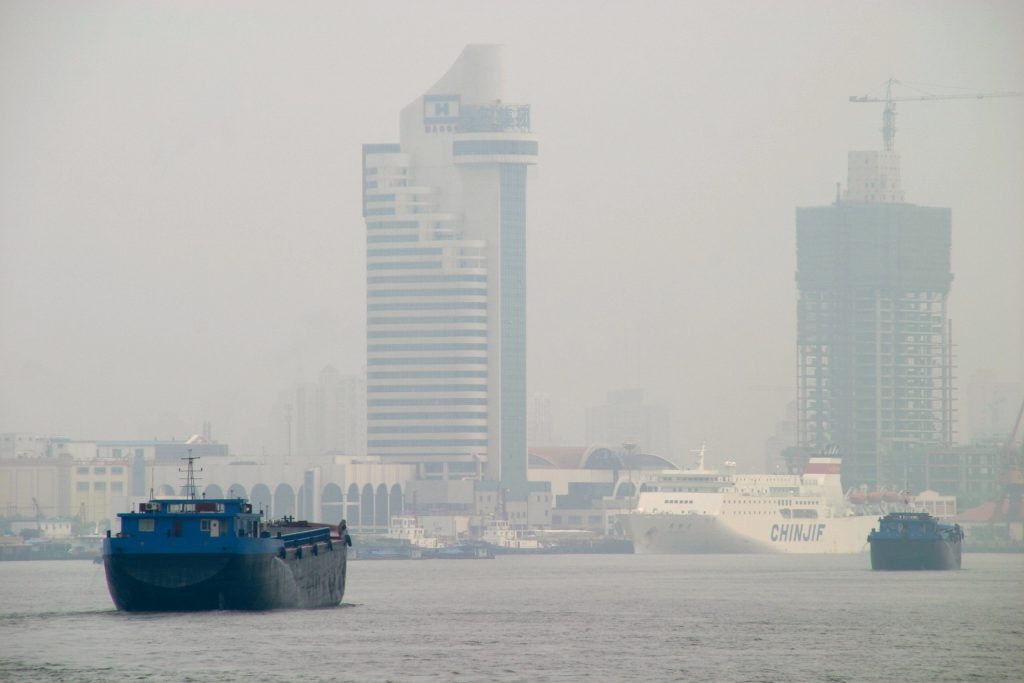 I am not a great fan of designating days of the year to celebrate or reflect on an event or activity. Every morning, I awake to another day that has been given some form of day-related association. The problem is that citizens are swamped with these attempts to brand days to highlight the importance of historical events, global challenges or problems.
I am not a great fan of designating days of the year to celebrate or reflect on an event or activity. Every morning, I awake to another day that has been given some form of day-related association. The problem is that citizens are swamped with these attempts to brand days to highlight the importance of historical events, global challenges or problems.
Today is World Cities Day. This is a day that should be about “meeting opportunities and addressing challenges of urbanization, and contributing to sustainable urban development around the world”. But this should be a challenge that citizens and governments face daily and not just on the 31 October. In saying this, there is some value in reflecting on the concept of “Better City, Better Life” that is the theme of this year’s World Cities Day. The value is in pausing from the distractions of everyday concerns to focus on city-regions and responsible inclusive prosperity.
I have a book in press that will be published in December under the title “A Research Agenda for Regeneration Economies: Reading City-Regions”[1]. This book sets an alternative approach to considering and exploring city-regions with a focus on reading cities to develop integrated solutions to complex city-region problems. In this book, we explore a number of concepts to describe city living. These include a city’s essence and intensity. The word essence has a metaphysical ring but highlights that there are many aspects of the ‘essence’ of a region that cannot be measured and perhaps are better imagined or more precisely experienced. Alternatively, the intensity of the city is to draw attention to the acceleration in the speed and complexity of city living. The on-going increase in the intensity of cities reflects the continual speeding-up of interconnections within and between cities, but also the increase in the size, density and heterogeneity of cities. It is also to acknowledge that the intensity of cities is transforming nature leading to enhanced environmental pollution impacting on mortality and morbidity. A key debate regarding city living and livelihoods is the relationship between economic growth and environmental quality including air quality. This is a critical topic as the current relationship between city-region economic development and the intensity of city living is resulting in early death and long-term illness.
I am currently involved in three research projects that are trying to understand and develop solutions to the relationship between economic growth, intensity and environmental pollution. The first project is funded by DFID and is developing a systems approach to air pollution in East Africa. This project is focussing on improved air quality management in three East African cities: Addis Ababa (Ethiopia), Kampala (Uganda) and Nairobi (Kenya). I see this as one of the most important projects that I have ever been involved with. Working with our African partners, we are trying to co-create local solutions to a problem that reduces productivity, limits economic growth, restricts educational opportunities, destroys the quality of everyday living and results in long-term illness and early death. This is one of those intractable urban challenges and any improvement in air quality will lead to better cities and better lives.
Second, on 25 October 2018, we launched WM-Air, the West Midlands Air Quality Improvement Programme. This is a major project funded by NERC that will, over the next five years, support the improvement of air quality, and associated health, environmental and economic benefits, across the West Midlands. The long-term economic prosperity of the West Midlands is directly related to the quality of this city-region’s residential and working environment. Air pollution in the West Midlands affects some 2.8 million people, reducing average life expectancy by up to 6 months, and is responsible for direct and indirect economic costs of several hundred million pounds per year. Air quality is, therefore, a key priority for local and regional government, and for the health and wellbeing of this region’s population.
Third, the Institute for Global Innovation (IGI), University of Birmingham, has funded a long-term project that is focussing on ‘City Resilience’. This theme is investigating the drivers of urban distress and the conditions for securing city resilience, with a focus on city-regions that are undergoing transitions. The focus is on investigating resilience at different levels of analysis: individual; community; city; national. This project brings together academics from across the social, engineering and natural sciences to explore the ways in which people, city systems and cities respond to shocks of all types. It also includes a focus on exploring ‘resilience’ in different national contexts. The resilience debate is very much a debate that is on-going in developed market economies rather than emerging economies. A key challenge is to explore resilience in cities in which residents are continually exposed to multiple daily shocks.
The quality of a place matters and this is especially the case for the quality of the residential environment. Thus, inclusive prosperity is founded on place-based liveability combined with place-based livelihoods. All academic and policy discussions on city-regions must commence with a discussion about the quality of the area’s living and working environment. Too often, debates on economic development focus on growth, high-value jobs and foreign direct investment. Continual growth will never be sustainable and will not lead to inclusive prosperity. Debates on economic growth too often fail to appreciate that the quality of a city’s environment, including housing, educational provision and environmental pollution, is critical for attracting and retaining talented individuals. World Cities Day will result in a discussion on “Better City, Better Life”, but perhaps the focus of this debate should be on achieving responsible inclusive prosperity (RIP). This acronym is unfortunate, This RIP approach is one that balances economic activity with a reduction in environmental pollution and an increase in the quality of everyday living. It creates opportunities and reduces the negative spill overs that result from irresponsible economic growth.
[1] Bryson J.R., Andres, L and Mulhall, R. (Eds), (2018), A Research Agenda for Regeneration Economies: Reading City-Regions, Edward Elgar, in press.
This blog was written by Professor John Bryson, City-REDI, University of Birmingham.
Disclaimer:
The views expressed in this analysis post are those of the authors and not necessarily those of City-REDI or the University of Birmingham.
To sign up for our blog mailing list, please click here.
